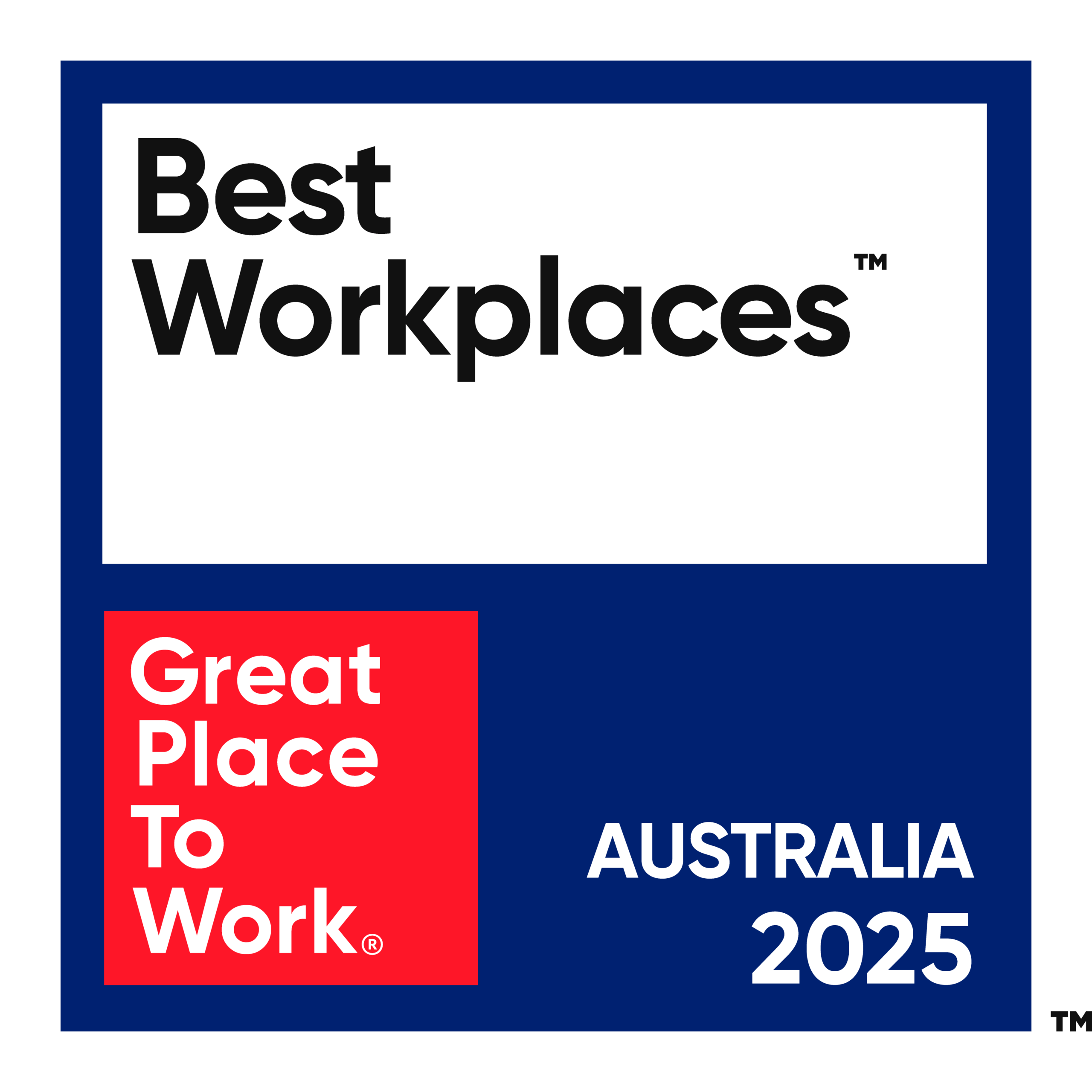Home > Managing team culture in a culture of extremes
Managing team culture in a culture of extremes
For generations, “she’ll be right” has been a go-to catchphrase to define Australian culture—an idiom that optimistically or apathetically suggests that whatever is wrong will fix itself in time. However, our modern Australian culture has undergone a significant shift, and the phrase “she’ll be right” no longer accurately reflects our attitudes and behaviours. A culture lacking long-termism, patience, and balance has emerged.
In a business context, Australia has established itself as one of the most entrepreneurial countries globally. Over 97% of Australian businesses are classified as small businesses, whether based on the number of employees or turnover. This demonstrates our desire to control our future rather than passively watch it unfold. While our love for small businesses is not new, it has evolved to reflect our proactive approach to shaping our future. Start-ups in the technology sector exemplify this shift, actively seeking to disrupt established norms and reshape industries.
Sport, a defining element of our culture, has also followed this trend. Talent is no longer discovered organically in small country towns and propelled to the big stage. Instead, it is identified at a young age and placed into development and performance systems. The era of relying solely on ingenuity to hone skills has given way to a structured approach aimed at nurturing the “next big thing” in the most risk-free manner possible.
Our approach to health has also transformed. Previously, many Australians kept their underlying health concerns private until they escalated into significant problems. Today, physical health and well-being are daily topics of conversation. We are obsessed with the latest fitness and diet trends, with suburbs across Australia boasting a range of fitness options, from CrossFit to HIIT, and cafés catering to endless diet styles, from paleo to plant-based.
Regrettably, our motivation for action extends to some unhealthy habits as well. Australia ranks high in terms of alcohol consumption, gambling, and recreational drug use among developed nations.
Considering this overall lack of balance and desire to change our situation, the notion of “she’ll be right” no longer feels aligned with our reality. In fact, you could go as far as to argue that the complete opposite “she won’t be right” would be a more apt way of describing the attitudes of most Australians. The shift from presumptive to proactive may have been a gradual one, however, the pendulum has well and truly swung to the latter.
Considering this dramatic shift, organisations face the challenge of adapting. Employee tenure has significantly decreased in recent decades, reflecting individuals’ desire to pursue new career opportunities. To address this challenge, organisations must consider how their culture appeals to the workforce and provides avenues for progression while ensuring an engaging environment.
At Be Challenged, we have developed a Connection Plan to create an environment that fosters productivity, connection, development, and reflection. This plan encompasses collaborative projects, developmental initiatives, well-being programs, and celebratory activities. It caters to our team’s desire for stimulation and growth while satisfying their need to feel in control.
If you are seeking ways to engage and motivate your team for the future, we would love to discuss how a customised Connection Plan could benefit your organisation.
Thanks for reading.
Oliver Sheer
Managing Director, Be Challenged





